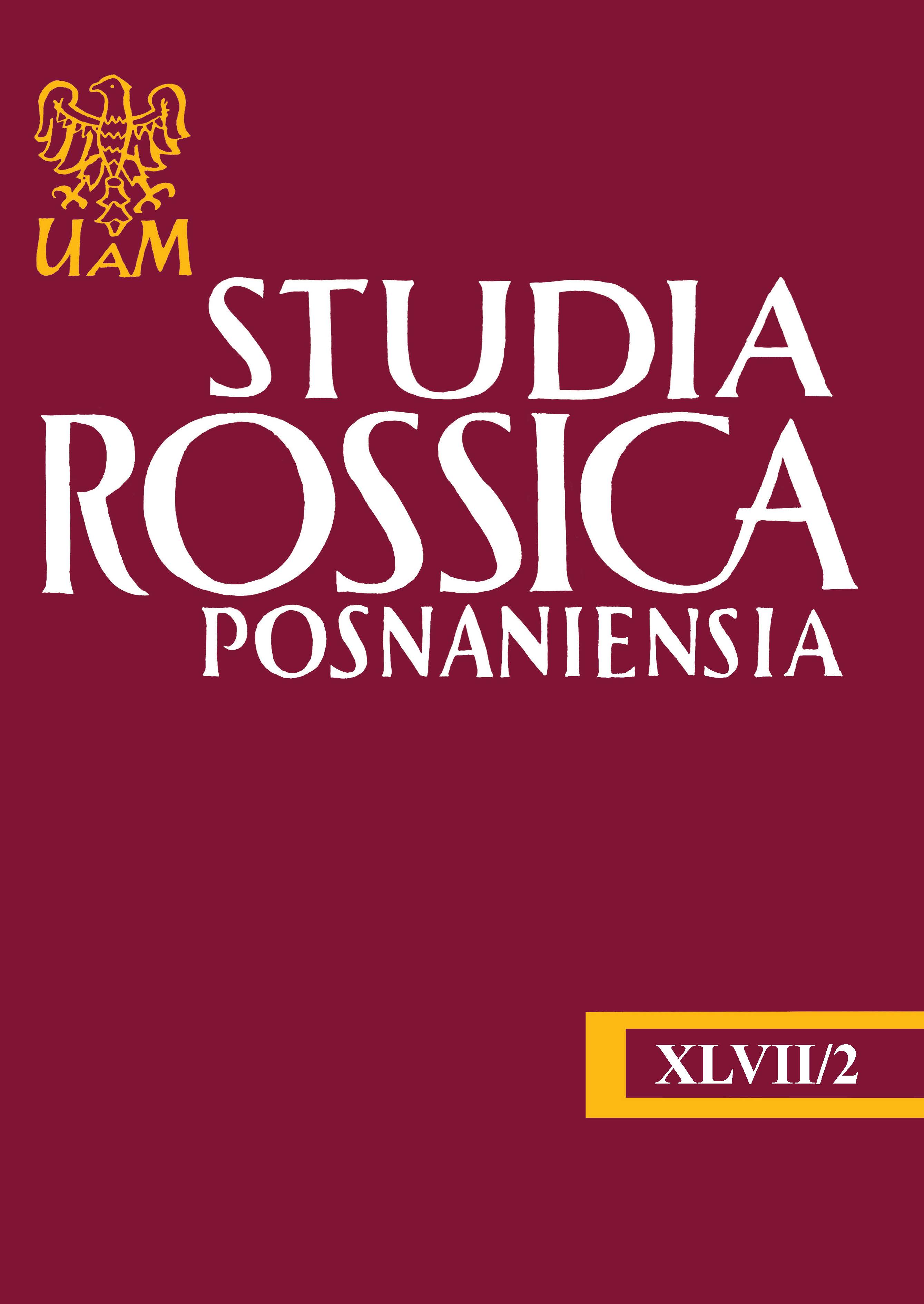Emocjonalne przymiotniki w języku polskim i rosyjskim. Paralele i kontrasty
Emotive adjectives in Polish and Russian – similarities and contrasts
Author(s): Joanna OrzechowskaSubject(s): Language studies, Language and Literature Studies, Theoretical Linguistics, Comparative Linguistics, Western Slavic Languages, Eastern Slavic Languages
Published by: Uniwersytet Adama Mickiewicza
Keywords: adjectives; emotive; emotional value of a language unit; translation; teaching a foreign language; psychological-linguistic dictionaries
Summary/Abstract: A new type of dictionary – a psychological linguistic dictionary was compiled as a result of analyzing 15918 Russian adjectives from the perspective of their relationship with emotions originating in reference to various senses. The dictionary contains information on “the emotional load” of these adjectives, that is how pleasant or how unpleasant emotions a given adjective evokes. The analyzed lexemes were assessed by respondents on the scale of emotions: slightly (un)pleasant – moderately (un)pleasant – very (un)pleasant, which was marked with an appropriate number of pluses or minuses. Although it is believed that representatives of different cultures experience universal emotions, their quality and intensity hidden behind particular linguistic units can diverge for different cultural linguistic communities. Emotions are conditioned socially, culturally and historically; they play an important role in international communication. Thus, when they are incompetently and mistakenly interpreted, this can disturb dialogue between various cultures and even lead to conflicts. In the article, considering equivalents mięsny/мясной and other counterparts, it can be said that not all the examples have a parallel emotional value. Despite the genealogical relationship between the languages and cultures in question, emotive contrasts are not rare. This leads to considering a significant issue of emotive adequacy of dictionary equivalents, which has to be addressed by translators and language teachers.
Journal: Studia Rossica Posnaniensia
- Issue Year: 47/2022
- Issue No: 2
- Page Range: 197-204
- Page Count: 8
- Language: Polish

